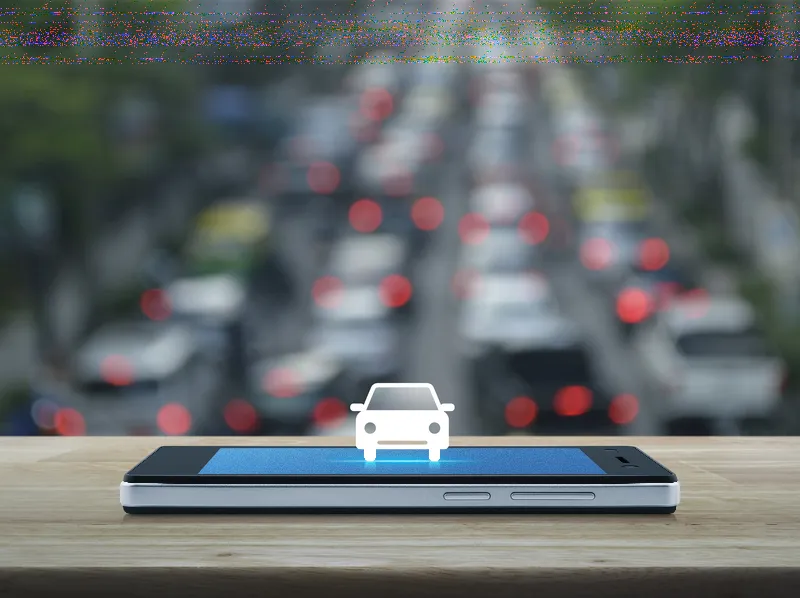
Cellint reports that TrafficSense, its solution for real-time virtual counting stations, was tested successfully and is now available across the US.
Tests comparing real-time vehicle volume measured by the virtual counting stations to those measurements from physical sensors showed less than 6% absolute average difference.
These stations rely upon anonymous data from the cellular network and monitor the entire network population at switching centres.
All phones on the network are monitored anonymously, continuously, regardless of whether the phone has an active GPS or not and without any dependency on sporadic locations from mobile applications.
Celllint says it is the only such solution that does not require field installation and maintenance. Data can be provided to road operators and planners through live dashboard and XML feeds, as well as through CSV files.
Historical information can be generated from archived network data. Daily, weekly, monthly and annual trends can be viewed and analysed.
“Our virtual counting stations can help transportation agencies and cities monitor frequent volume changes at a reasonable cost,” said Ofer Avni, chief executive of Cellint.
“This solution is especially helpful due to the latest changes in traffic patterns caused by the pandemic. We can’t rely anymore on average annual daily measurements once every couple of years.”










